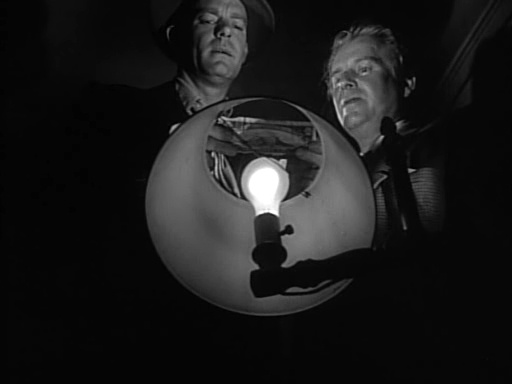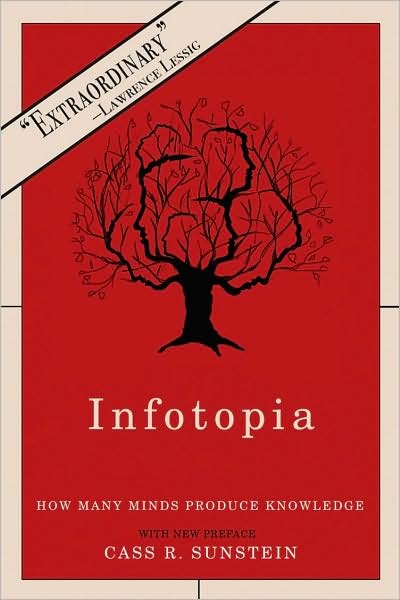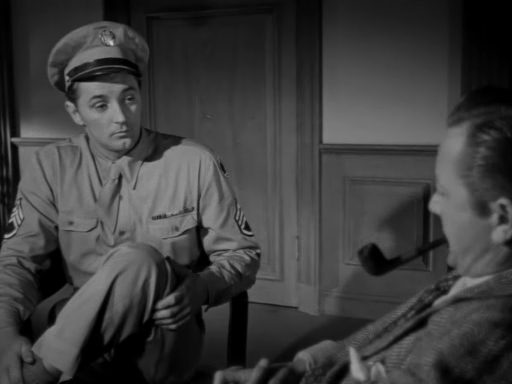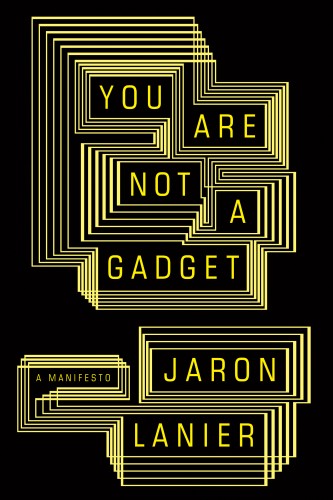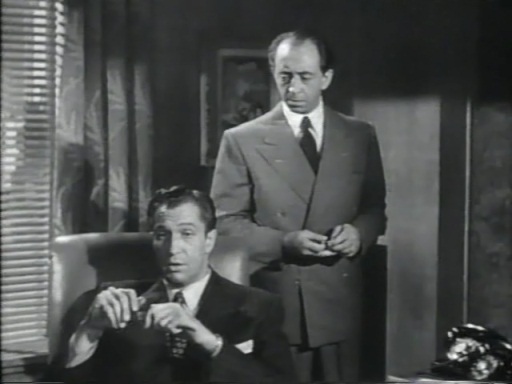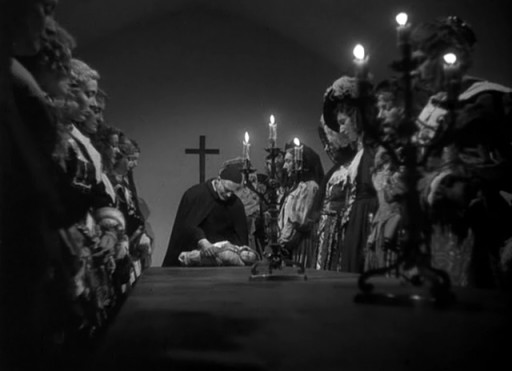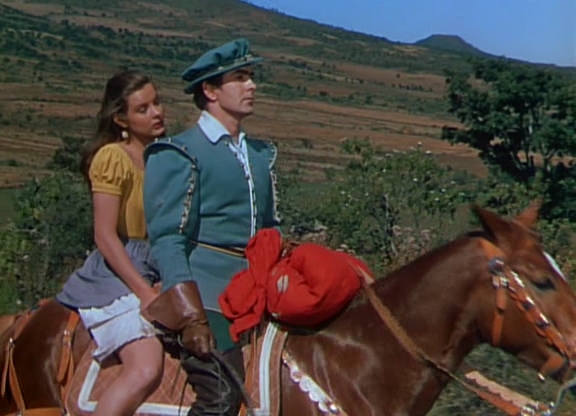
Fun and Fancy Free (1947, USA) – I’m finally doing something to find out what was going on with Disney in the 40′s: I’m reading his biography. This is another collection of shorts. In Bongo, a wage slave finds that life in freedom isn’t all that great, but ends up in a loving relationship based on mutual physical violence. In Mickey and the Beanstalk, three starving peasants break into the castle of their local aristocrat, a stupid giant who likes to dress up in pink, to retrieve their stolen fertility goddess. Well, maybe I’m reading too much into it. Watched it all.
Sinbad the Sailor (1947, USA, Wallace) – Is this the worst of the technicolor Arabian Nights movies, a.k.a. Baghdad-and-boobs? It’s hard to say, there are so many. Watched: 8 minutes.
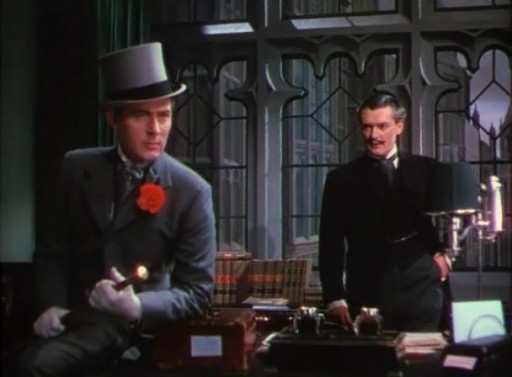
An Ideal Husband (1947, UK, Korda) – The Victorians had a curious concept they called “character”. It’s hard to explain, but it meant that your beliefs and actions reflected a sort of inner moral essence. People who did bad things, even just once, were thus said to be of “bad character”, which was socially undesirable. This is a look at what that meant. Watched it all.
The Bachelor and the Bobby-Soxer (1947, USA, Reis) – Shirley Temple is a wild teen who speaks on the telephone and sometimes disobeys her elders. She falls in love with Cary Grant, for some reason. I guess they couldn’t get Frank Sinatra, the real bobby-soxer heartthrob. Watched: 24 minutes.

